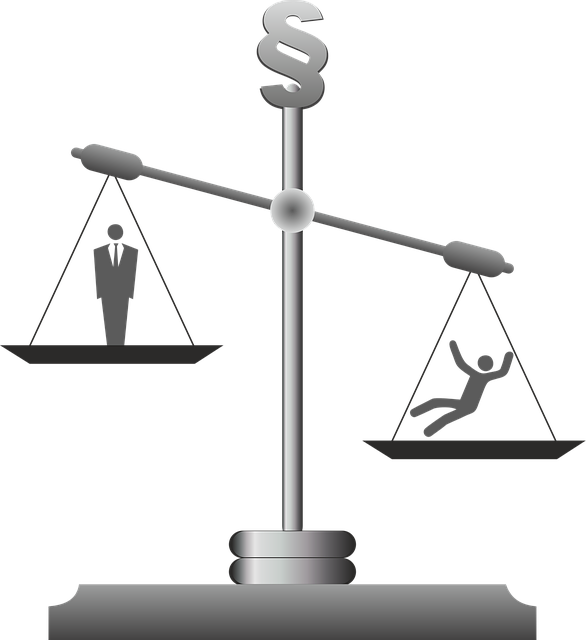Healthcare compliance experts play a critical role in guiding organizations through complex legal landscapes, focusing on jury selection objections and regulatory adherence. They ensure ethical standards, protect patient rights, and safeguard data by staying current with regulations, delivering staff training, and implementing strong internal controls. Mastering the legal grounds for jury selection objections is vital for fair trials, streamlining processes, and enhancing organizational reputation. A strategic, multi-faceted approach combining legal expertise and practical implementation, including regular audits, employee training, and ethical conduct promotion, prevents compliance issues and meets evolving white collar defense requirements.
Healthcare Compliance Experts play a pivotal role in ensuring institutions adhere to intricate regulations. With legal complexities and potential penalties, their expertise is invaluable. This article delves into the crucial duties of these specialists, focusing on navigating the intricate Legal Grounds for Jury Selection Objections. By exploring strategies and best practices, it offers insights into effective compliance, enabling professionals to mitigate risks and uphold ethical standards in healthcare.
- The Role of Healthcare Compliance Experts
- Navigating Legal Grounds for Jury Selection Objections
- Strategies and Best Practices for Effective Compliance
The Role of Healthcare Compliance Experts
Healthcare Compliance experts play a pivotal role in ensuring that healthcare organizations across the country adhere to complex legal grounds for jury selection objections and numerous regulatory requirements. Their expertise spans all stages of the investigative and enforcement process, from initial risk assessments to post-investigation reporting. These professionals navigate the intricate web of laws, policies, and guidelines governing patient care, data privacy, billing practices, and more.
By fostering a culture of compliance, they help organizations avoid indictment and legal repercussions. This involves staying abreast of evolving regulations, conducting thorough training programs for staff, and implementing robust internal controls. Their strategic input ensures that healthcare providers maintain the highest standards, ultimately safeguarding patient rights, protecting sensitive data, and promoting ethical practices across the industry.
Navigating Legal Grounds for Jury Selection Objections
Navigating Legal Grounds for Jury Selection Objections is a critical skill for healthcare compliance experts. In high-stakes cases, where the outcome can significantly impact their clients’ futures, understanding the legal underpinnings of jury selection is paramount. These experts must be adept at recognizing and challenging irrelevant or biased potential jurors through well-founded objections, ensuring a fair and impartial trial.
By mastering the legal grounds for jury selection objections, compliance professionals play a crucial role in protecting their clients’ interests. They help to streamline the selection process, precluding any whispers of partiality that could taint jury trials. This strategic approach is especially vital given the intricate nature of healthcare cases, where nuances and context are key. For his clients, having an astute compliance expert ensures a robust defense or prosecution strategy, ultimately leading to more favorable outcomes.
Strategies and Best Practices for Effective Compliance
In ensuring effective healthcare compliance, experts recommend a multifaceted approach that combines rigorous legal understanding and strategic implementation. One key strategy is to proactively identify and address potential non-compliance issues before they escalate. This involves regular audits, employee training on evolving regulations, and establishing clear protocols for data management and patient record-keeping. For instance, understanding the legal grounds for jury selection objections can significantly impact the outcome of jury trials, thereby reducing exposure to civil lawsuits and enhancing organizational reputation.
Adhering to best practices such as maintaining detailed documentation, implementing robust internal controls, and fostering a culture of ethical conduct further mitigates risks. Additionally, staying abreast of legislative changes and industry trends through continuous professional development enables healthcare organizations to anticipate and conform to evolving white collar defense requirements, thereby avoiding indictment and preserving their operational integrity.
Healthcare compliance experts play a vital role in navigating complex legal grounds, particularly during jury selection processes. By understanding the Legal Grounds for Jury Selection Objections, these professionals ensure fair trials and minimize risks for healthcare organizations. Implementing effective strategies and best practices fosters a culture of compliance, ultimately enhancing patient care and trust in the healthcare system.






